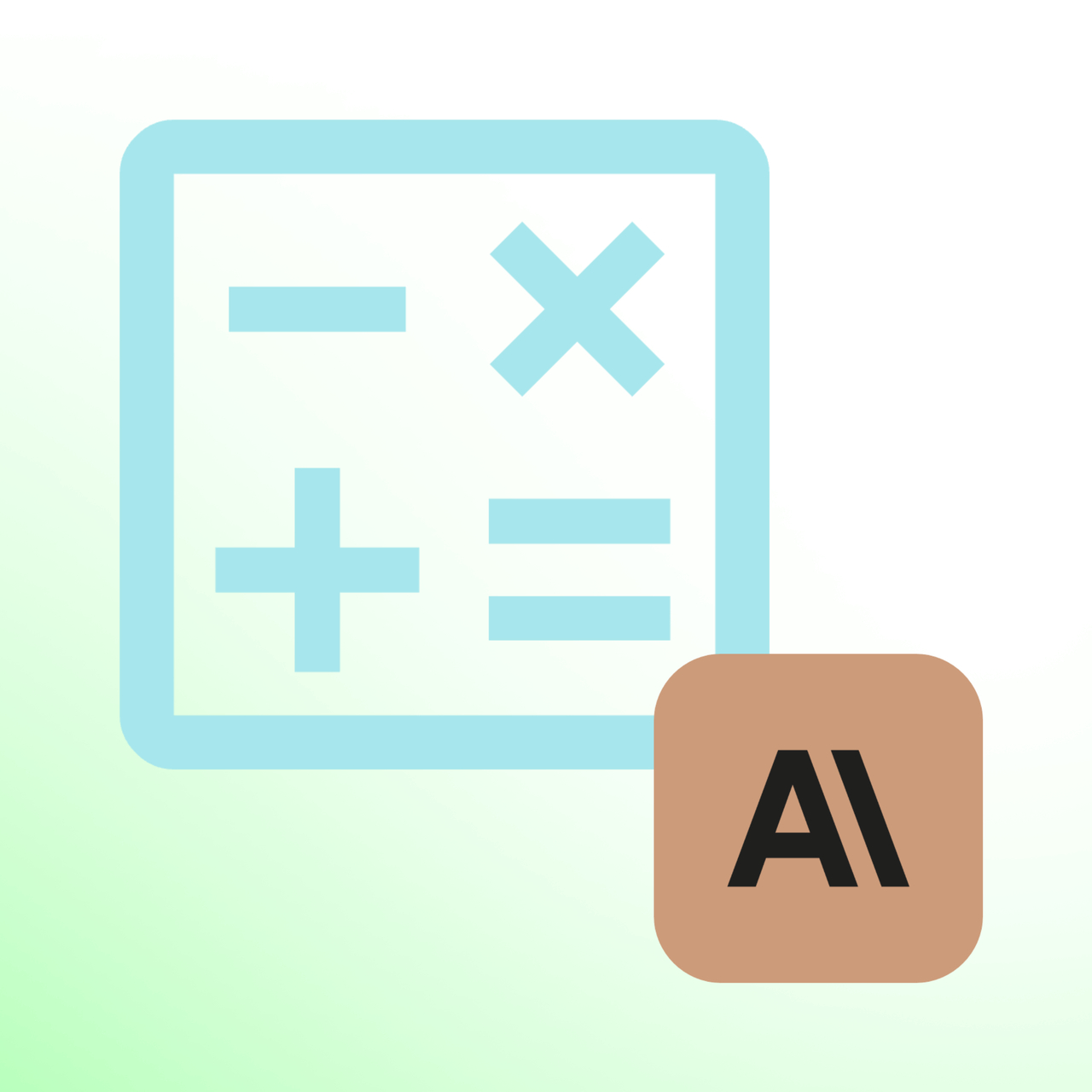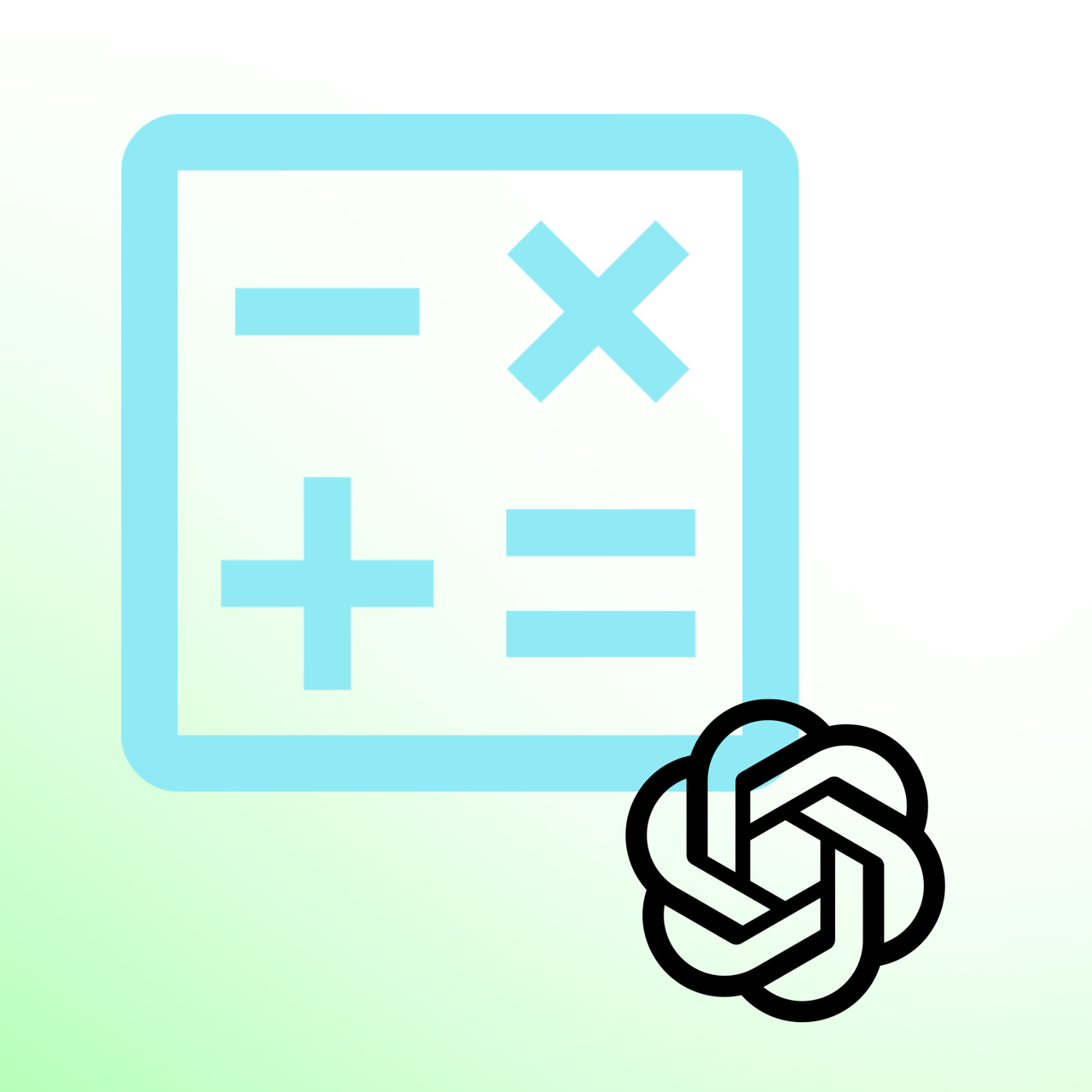.png)

Claude 3.7 Sonnet Pricing Calculator








Free Claude 3.7 Sonnet API Cost Calculator by LiveChatAI
Claude 3.7 Sonnet is the first hybrid‑reasoning model on the market. It can fire off lightning‑fast replies or spend extra “thinking tokens” to chew through gnarly problems. That flexibility is awesome, but it also makes back‑of‑the‑napkin math harder.
So I’m happy to offer you LiveChatAI’s free Claude 3.7 Pricing Calculator that turns your words, characters, or tokens (plus the number of API calls) into a crystal‑clear dollar figure before you run a single prompt.
Below, I’ll walk you through:
- How Claude 3.7 bills you
- Exactly what inputs the calculator needs
- Smart ways to keep your bill lean
- When to choose Claude 3.7 over GPT‑4o, Gemini, or DeepSeek and more.
What Exactly is the Claude 3.7 Sonnet?
Claude 3.7 Sonnet (released Feb 24, 2025) is Anthropic’s hybrid‑reasoning model:
- Two gears in one
- Standard mode → rapid answers (think ChatGPT‑style latency)
- Extended thinking → visible step‑by‑step reasoning for harder tasks
- Massive 200 K‑token context window—feed entire codebases, legal briefs, or research datasets in one go.
- Uniform pricing—every output token costs the same whether it’s visible text or hidden “thinking.”
- API control—you can cap how many “thinking” tokens Claude is allowed to burn, giving you a hard ceiling on cost vs. quality.
Availability and Pricing
- Available on all Claude plans (Free, Pro, Team, Enterprise)
- Available via Anthropic API, Amazon Bedrock, and Google Cloud's Vertex AI
- Extended thinking mode available on all surfaces except the free tier
- Pricing: $3 per million input tokens and $15 per million output tokens (including thinking tokens)
Claude 3.7 Official Pricing
Tokens, words, characters—what’s the difference?
- Tokens are Claude’s native currency. One token ≈ ¾ of an English word.
- Words feel familiar but are only an estimate (1 word ≈ 1.33 tokens).
- Characters are handy for tweets or code snippets (4 chars ≈ 1 token).
Our calculator lets you pick whichever unit you have on hand, then quietly converts everything to tokens so the final bill matches Anthropic’s invoice.
How the Claude 3.7 Sonnet Pricing Calculator Works
Our calculator is designed to be intuitive, accurate, and adaptable to your needs. Here's how to use it:
Choose Your Measurement
Decide whether you'll measure your text by tokens, words, or characters.

- Tokens are the most precise if you already know your token counts.
- Words are more intuitive if you're working with documents, articles, or reports.
- Characters work best for short texts or code snippets.
Enter the Main Variables

- Input Text Size (how large your prompt is)
- Output Text Size (how long you expect Claude's answer to be)
- Number of API Calls (how many times you'll query Claude)
Get an Instant Cost Estimate
The calculator will apply the current Claude 3.7 Sonnet rates to your inputs and display a real-time cost breakdown, showing:
- Total Cost (input vs. output costs separately)
- Comparison with Other Models (GPT-4o, o1, Gemini, etc.)
Quick Example of How it Works:
Imagine you're developing a customer support chatbot that handles about 100 complex queries daily. Each query involves:
Measurement Chosen: Tokens
- Input (prompt): 1,000 tokens per query (includes user question + context)
- Output (response): 2,000 tokens per query (includes thinking + response)
- API Calls: 100 per day
Entering this into the calculator immediately provides your daily and monthly estimated costs, helping you budget appropriately and compare with alternative models.
Tips for Using the Claude 3.7 Sonnet Pricing Calculator
1. Choose the Right Metric
- For accurate technical planning, use tokens.
- For content creation tasks like blog posts or marketing copy, words may be more intuitive.
- For very short interactions or specialized formats, characters can be helpful.
2. Account for Extended Thinking
If you'll be using Claude's extended thinking mode, remember to factor in those additional output tokens. Extended thinking can dramatically improve quality for complex tasks but will increase output token usage.
3. Compare Before You Commit
Use the built-in comparison feature to evaluate Claude 3.7 Sonnet against alternatives like GPT-4o, o1, or Claude 3.5 Sonnet. For simpler tasks, a different model might offer better cost efficiency.
4. Consider Availability Options
Claude 3.7 Sonnet is available on all Claude plans (Free, Pro, Team, and Enterprise) as well as API access through Anthropic, Amazon Bedrock, and Google Cloud's Vertex AI. Note that extended thinking mode is not available on the free tier.
Who Should Use the Claude 3.7 Sonnet Pricing Calculator?
This tool is particularly valuable for:
- Software Developers: Planning costs for code generation, debugging, refactoring, and testing tasks.
- AI Product Teams: Estimating expenses for customer-facing AI agents and complex workflows.
- Content Creators: Budgeting for high-quality, in-depth content generation across various formats.
- Researchers & Analysts: Calculating costs for processing large datasets, generating insights, and creating comprehensive reports.
- Enterprise IT Leaders: Planning AI integration budgets and comparing costs across different models and providers.
- Automation Specialists: Estimating expenses for computer-use workflows and robotic process automation.
Where to Use the Claude 3.7 Sonnet Pricing Calculator
Our tool provides clarity whenever you need Claude's advanced capabilities. Some ideal scenarios include:
- Complex Software Development: Estimate token usage for building apps from scratch, refactoring legacy code, or integrating multiple systems.
- Visual Data Extraction: Calculate costs for processing charts, graphs, and complex diagrams for data analysis.
- Customer Support Automation: Forecast token spend when building sophisticated customer-facing agents that maintain context and solve complex problems.
- Knowledge Base Development: Estimate costs for creating comprehensive documentation from multiple sources.
- Content Strategy Planning: Budget for creating branded content, marketing materials, and multi-channel campaigns.
- Research Synthesis: Calculate expenses for analyzing scientific literature, market reports, or competitive intelligence.
Five Proven Cost‑Cutting Strategies (Detailed)
- Cap Thinking Tokens
API flag: max_thinking_tokens. Start at 500; bump only if Claude’s answers feel shallow. Typical savings: 10–30 %. - Batch Processing
Anthropic’s batch endpoint lets you send up to 50 prompts in one request. Overhead drops, saving 30–50 % on micro‑tasks like sentiment classification. - Prompt Caching
Reuse a static system prompt or chain‑of‑thought template. Anthropic stores the embedding and bills repeat input at half price. Savings up to 90 % on long context prompts. - Context Trimming
Summarize background docs once, store the summary, and reference it in later calls. Reduces input tokens by 10–40 % without hurting quality.
When to Pick Claude 3.7
Choose Claude 3.7 if…
- You need a single‑shot answer from a 100‑page document.
- Your codebase spans dozens of files and you want one agent to plan the refactor.
- You’re running a chatbot that occasionally needs deep reasoning (billing disputes, medical explanations) but usually sticks to FAQ chatbot.
- You’re prototyping AI‑powered research tools and want a 200 K window without o1’s $60 / M output fee.
Skip Claude and use something else if…
- You need full multimodality (images + audio + video)—GPT‑4o rules there.
- Your workload is pure bulk translation or short text classification—DeepSeek‑R1 is the bargain champ.
- You’re chasing state‑of‑the‑art math proofs and budget is secondary—OpenAI o1 still has the deepest chain‑of‑thought (but 4× output cost).
- Right‑size max_tokens: Don’t set max_tokens: 1000 for a tweet‑sized answer. A hard cap stops runaway outputs and saves 5–25 %.
Other Free Cost Tools by LiveChatAI
- GPT‑4.1 Pricing Calculator
- GPT‑4o Pricing Calculator
- Claude 3 Sonnet Pricing Calculator
- Gemini 2.5 Pro Pricing Calculator
- DeepSeek-R1 & V3 Pricing Calculators
Bookmark them, run what‑ifs, and never be surprised at month‑end.
In Summary
Claude 3.7 Sonnet gives you frontier‑level reasoning, a 200 K token window, and transparent pricing—$3 in, $15 out—all controllable via thinking‑token caps, prompt caching, and batch endpoints. Our calculator translates your words, characters, or tokens into a line‑item cost before you spend a cent.
No surprises, no spreadsheets, just clear numbers so you can build with confidence. Now open the calculator, run your scenario, and get back to creating something amazing.
All prices and benchmarks pulled from the Claude 3.7 release and documentation.















































